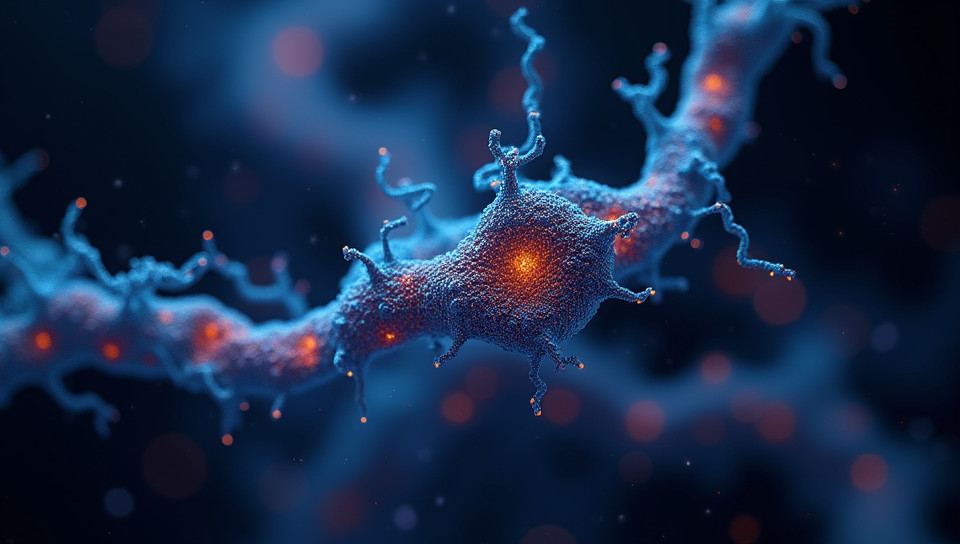Optogenetics uses light-sensitive proteins 67%

Unlocking the Secrets of Brain Function with Optogenetics
Imagine being able to control specific neurons in your brain with just a flicker of light. This is exactly what optogenetics, a revolutionary technology that uses light-sensitive proteins to manipulate brain cells, allows us to do. By harnessing the power of light to activate or silence individual neurons, researchers can gain unprecedented insights into the workings of the human brain and develop new treatments for neurological disorders.
What are Light-Sensitive Proteins?
At the heart of optogenetics lie light-sensitive proteins, known as opsins, which are found in certain types of bacteria and algae. These proteins can be engineered to respond to specific wavelengths of light, allowing researchers to selectively activate or silence neurons in the brain.
How Do Optogenetics Work?
Optogenetics involves several key steps:
- Injecting viruses that carry the opsin gene into the brain
- Allowing the virus to infect neurons and express the light-sensitive protein
- Using a laser or other light source to activate or silence the neurons
Applications of Optogenetics
The potential applications of optogenetics are vast, ranging from basic research into brain function to the development of new treatments for neurological disorders such as depression, anxiety, and Parkinson's disease.
Conclusion
Optogenetics is a groundbreaking technology that has opened up new avenues for understanding and treating neurological disorders. By harnessing the power of light-sensitive proteins to manipulate individual neurons in the brain, researchers can gain unprecedented insights into the workings of the human brain and develop new treatments for diseases that have long been thought untreatable. As this field continues to evolve, we can expect to see major breakthroughs in our understanding of the brain and the development of innovative therapies to treat neurological disorders.
- Created by: Isaac Martínez
- Created at: Nov. 10, 2024, 12:27 p.m.
- ID: 15703









